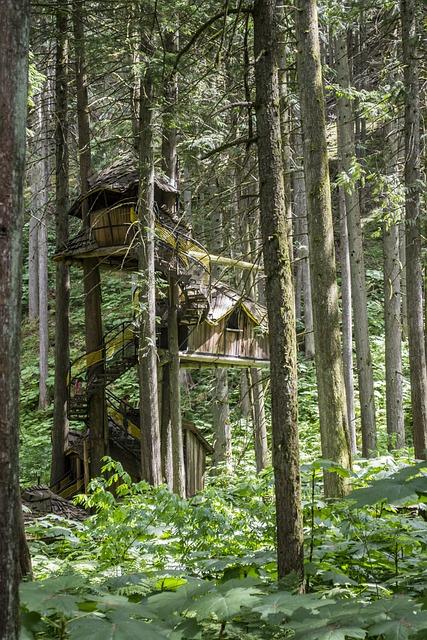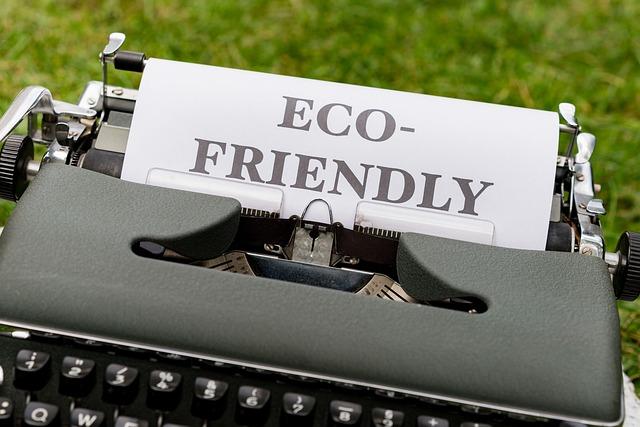As the sun dips below the horizon, painting the sky with hues of red and purple, imagine stepping out into your lush, green garden. The air is fresh, each breath laced with the rich scent of blooming flowers, ripe fruits, and dew-kissed leaves. This tranquil Eden, vibrates with life – with butterflies flitting from flower to flower, and bees buzzing about their daily business. Yet, this captivating haven is not only a celebration of natural vibrancy, it’s a triumph of sustainability, a testament to eco-friendly practices that echo the rhythm of nature rather than disrupt it. Welcome to the world of sustainable outdoor living, where each plant, creature, and practice contributes to creating greener gardens that don’t borrow from tomorrow, but gracefully align with the circle of life today.
Transforming your outdoor space into a sustainable paradise is easier than you think. Start by incorporating recycled or sustainable garden materials. Not only will these materials lend character and beauty to your garden, but they’re often more durable and require less maintenance than conventional materials. Options include timber harvested from sustainably managed forests, bricks or stones salvaged from old buildings, and composite decking made from recycled plastic and wood fibers. Opting for organic mulches like leaf or bark mulch can conserve soil moisture, enrich soil nutrients and combat weed growth.
Equally important is the choice to green your garden through water-wise irrigation practices. Of course, the best option is to plant native species that are adapted to the local climate and will likely thrive with local rain patterns. However, if you want to grow plants that require irrigation, consider installing a drip irrigation system, which delivers water directly to a plant’s roots, thereby minimizing waste. Using rain barrels to collected rainwater for watering is another eco-friendly choice. For as far as organic gardening practices are concerned, handpicking pests, using organic mulch, and composting kitchen waste goes a long way in ensuring a healthy ecosystem.
| Material | Benefits |
|---|---|
| Recycled Plastic Decking | Durable, requires less maintenance |
| Sustainably Harvested Timber | Beautiful, supports responsible forestry |
| Salvaged Building Materials | Characterful, reduces waste |
Finally, smart design choices enable sustainable outdoor spaces without compromising the aesthetics of your garden. Opting for a landscape design that maximizes natural light and shade can reduce your reliance on artificial lighting or patio heaters. Incorporating permeable paving options can manage stormwater on-site, reduce flooding, and recharge groundwater sources. Using native plants not only ensures adaptability and resilience but also contributes to local biodiversity, presenting an alluring aesthetics with minimal footprints.
As we wander back inside, leaving the cool kiss of a vibrant garden behind, let’s carry with us the knowledge, understanding, and deep reverence for Mother Earth. Remember, every seed we plant, every drop of water saved, each compost pile nurtured, we do so not only for our enjoyment but for the rekindling of our planet’s strength. Sustainable outdoor living is not just a trend, it’s an invitation—an invitation to partake responsibly in the age-old dance of nature. As we embrace eco-friendly garden practices, we essentially write green sonnets with our hands, tending to the garden of life. So, step out your door, into your garden, witness the miracle of nature and make your green thumb print. After all, every mindful act echoes in the timeless expanse of the universe. Let us thus, write our stories not with ink, but with seeds and sprouts, fostering a greener planet — one garden at a time.















